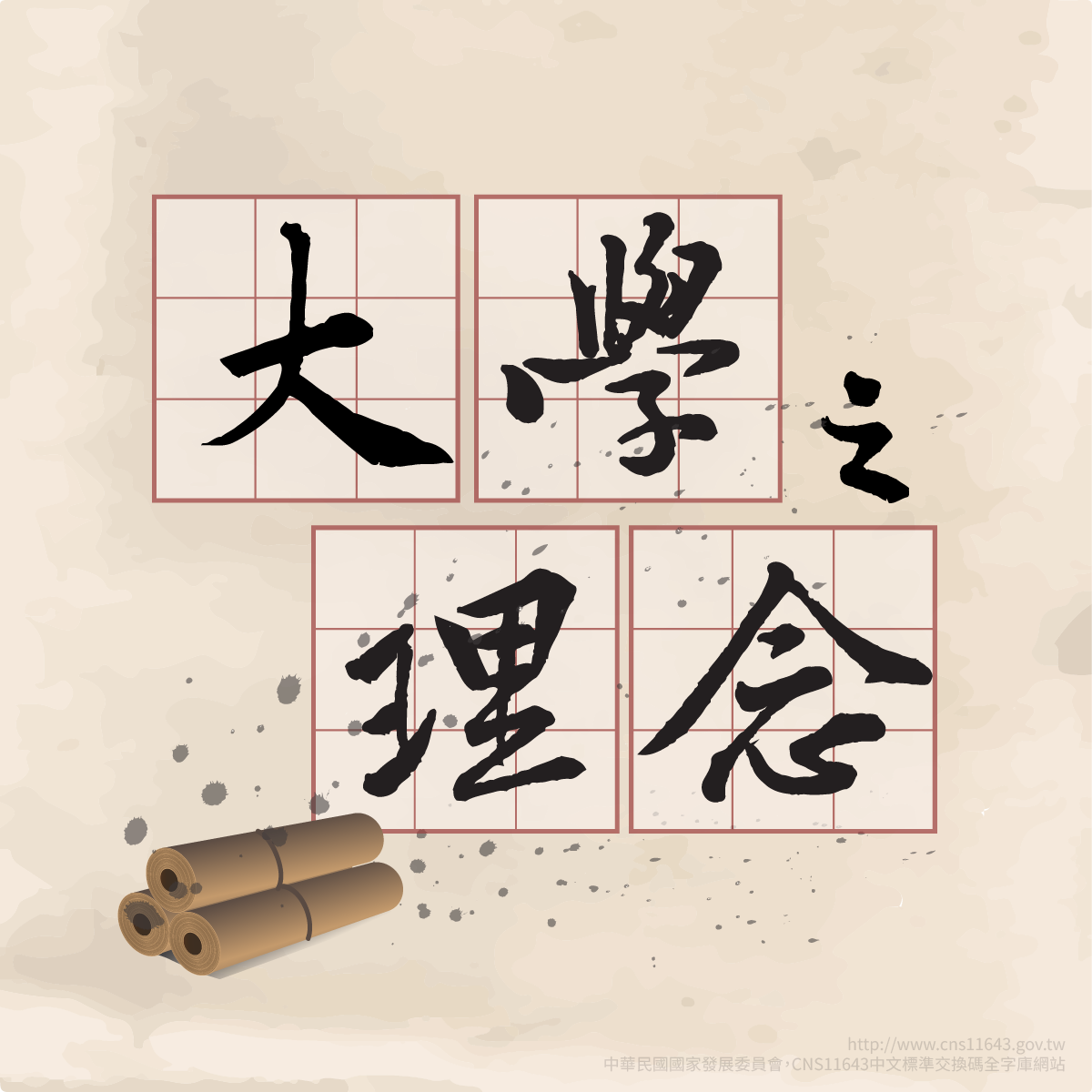
本課程旨在探討現代大學之起源、發展及其當前問題,分析當前大學社群之內部問題,以及大學社群與非學術社群(如政治、經濟、社會部門等)之互動關係,並探討21世紀全球化時代大學的新挑戰與大學教育的新課題。
What's inside
Syllabus
導論:21世紀大學教育的新挑戰
本講旨在透過二十一世紀的「全球化與反全球化」思潮、知識經濟時代所帶來的經濟與生活模式、亞洲中國的崛起等多重面向,反思二十一世紀亞洲高等教育所面臨的新挑戰,以及說解因之而來的因應策略、解決之道為何等問題。
學習目標:透過本單元的修習和評量完成,學習者能 (1)了解大學「理念」與「實踐」之間的二重關係性 (2)敘述「全球化」與「本土化」兩大思潮對於大學教育理念的影響 (3)以不同角度思考大學國際化的本質意義
Read more
Syllabus
Good to know
Save this course
Activities
找尋學長姐或老師擔任課業或職涯諮詢導師
Show steps
導師能提供課程學習和職涯規劃上的建議和協助。
Show steps
-
可以主動詢問老師或學長姐是否有意願擔任你的導師。
-
與導師定期會面,討論課業或職涯規劃上的問題。
-
虛心接受導師的建議和指導。
學習線上教學影片
Show steps
老師提供的影片提供課程知識的補充說明。
Show steps
-
課前預習-先將老師提供的教學影片瀏覽一遍。
-
課堂複習-針對不懂的地方,重複觀看影片加深印象。
小組討論
Show steps
與同學組成小組,討論課程內容,分享觀點和看法。
Show steps
-
課堂上積極參與小組討論,發表自己的見解。
-
課後與小組成員約定時間一起討論。
-
分配討論的主題給各組員,讓大家都能充分準備。
Four other activities
Expand to see all activities and additional details
Show all seven activities
練習題解題
Show steps
課堂上講授的知識點理解後運用練習題來鞏固。
Show steps
-
從教材、老師講義、網站等收集練習題。
-
仔細閱讀題目,理解題意。
-
把題目所涉及的知識點列出。
-
運用所學的知識點解題。
-
檢查解題過程是否正確。
撰寫課程心得
Show steps
定期撰寫課程的心得體會,能加深對課程內容的理解。
Show steps
-
課堂上做好筆記,記錄老師講解的重點和自己的想法。
-
課後複習筆記,並補充自己的心得體會。
-
定期將心得體會整理成文章。
參與校內外與課程相關的活動
Show steps
參與相關活動可以拓展課程知識面,並培養實務能力。
Show steps
-
留意校內外舉辦的相關講座、工作坊或競賽。
-
積極報名參加感興趣的活動。
-
課後將活動心得與課程內容做連結與反思。
擔任課程助教或擔任教師助理
Show steps
協助老師備課、批改作業、帶領討論,能加深對課程內容的理解。
Show steps
-
積極主動地向老師表達擔任助教或教師助理的意願。
-
課堂上積極參與,展現對課程內容的理解和熱情。
-
協助老師備課,製作簡報或其他教學資料。
-
批改作業或考卷,並提供學生回饋。
-
帶領小組討論,引導學生思考和討論課程內容。
找尋學長姐或老師擔任課業或職涯諮詢導師
Show steps
導師能提供課程學習和職涯規劃上的建議和協助。
Show steps
- 可以主動詢問老師或學長姐是否有意願擔任你的導師。
- 與導師定期會面,討論課業或職涯規劃上的問題。
- 虛心接受導師的建議和指導。
學習線上教學影片
Show steps
老師提供的影片提供課程知識的補充說明。
Show steps
- 課前預習-先將老師提供的教學影片瀏覽一遍。
- 課堂複習-針對不懂的地方,重複觀看影片加深印象。
小組討論
Show steps
與同學組成小組,討論課程內容,分享觀點和看法。
Show steps
- 課堂上積極參與小組討論,發表自己的見解。
- 課後與小組成員約定時間一起討論。
- 分配討論的主題給各組員,讓大家都能充分準備。
練習題解題
Show steps
課堂上講授的知識點理解後運用練習題來鞏固。
Show steps
- 從教材、老師講義、網站等收集練習題。
- 仔細閱讀題目,理解題意。
- 把題目所涉及的知識點列出。
- 運用所學的知識點解題。
- 檢查解題過程是否正確。
撰寫課程心得
Show steps
定期撰寫課程的心得體會,能加深對課程內容的理解。
Show steps
- 課堂上做好筆記,記錄老師講解的重點和自己的想法。
- 課後複習筆記,並補充自己的心得體會。
- 定期將心得體會整理成文章。
參與校內外與課程相關的活動
Show steps
參與相關活動可以拓展課程知識面,並培養實務能力。
Show steps
- 留意校內外舉辦的相關講座、工作坊或競賽。
- 積極報名參加感興趣的活動。
- 課後將活動心得與課程內容做連結與反思。
擔任課程助教或擔任教師助理
Show steps
協助老師備課、批改作業、帶領討論,能加深對課程內容的理解。
Show steps
- 積極主動地向老師表達擔任助教或教師助理的意願。
- 課堂上積極參與,展現對課程內容的理解和熱情。
- 協助老師備課,製作簡報或其他教學資料。
- 批改作業或考卷,並提供學生回饋。
- 帶領小組討論,引導學生思考和討論課程內容。
Career center
Professor
President
Chancellor
Provost
Higher Education Researcher
Dean
Education Policymaker
Higher Education Lobbyist
Higher Education Administrator
Educational Consultant
Nonprofit Administrator
Education Administrator
Philanthropy Officer
Journalist
Policy Analyst
Reading list
Share
Similar courses
OpenCourser helps millions of learners each year. People visit us to learn workspace skills, ace their exams, and nurture their curiosity.
Our extensive catalog contains over 50,000 courses and twice as many books. Browse by search, by topic, or even by career interests. We'll match you to the right resources quickly.
Find this site helpful? Tell a friend about us.
We're supported by our community of learners. When you purchase or subscribe to courses and programs or purchase books, we may earn a commission from our partners.
Your purchases help us maintain our catalog and keep our servers humming without ads.
Thank you for supporting OpenCourser.



